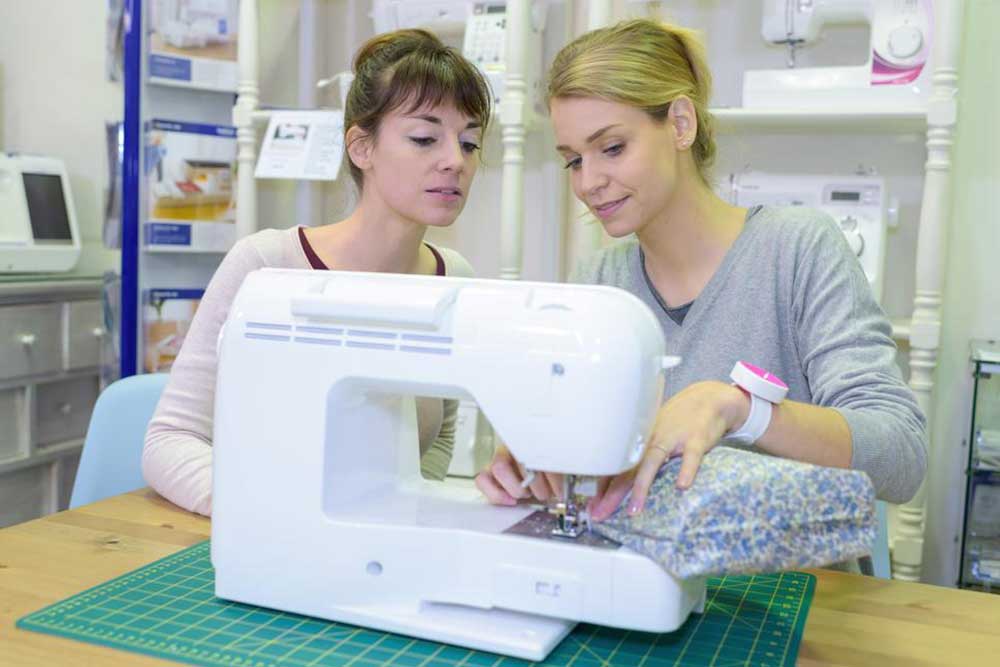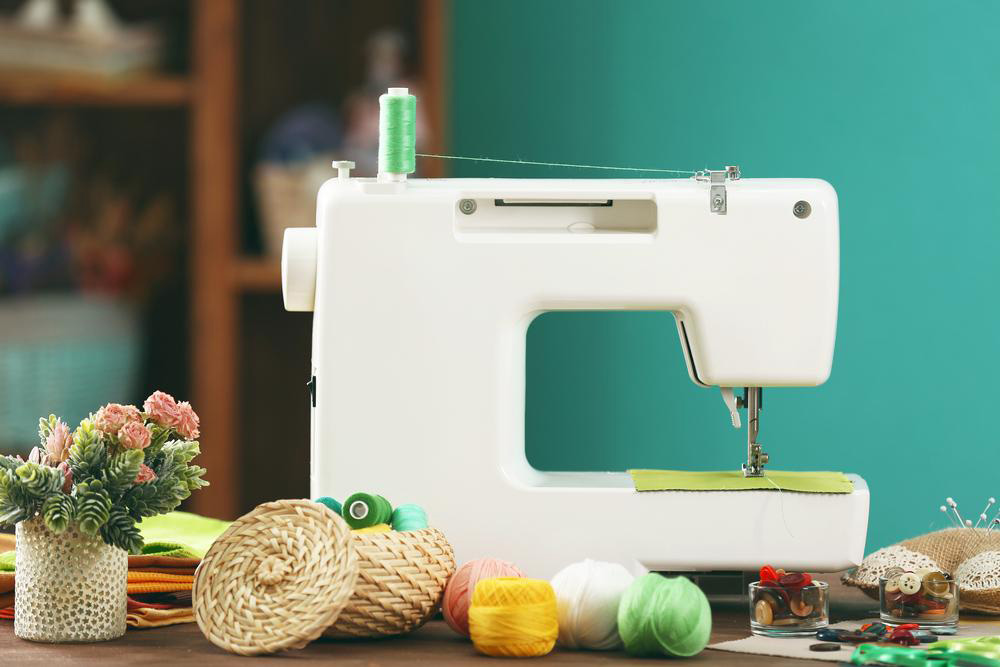Essential Tips for Sewing Machine Upkeep and Expert Repair Services
Learn essential sewing machine maintenance and expert repair tips to extend your machine's lifespan. From cleaning and lubrication to choosing the right technician, this guide helps ensure smooth operation and quick fixes for common issues. Ideal for sewing enthusiasts and professionals alike, proper care prevents costly repairs and keeps your sewing projects running seamlessly.
Sponsored

Sewing machines have revolutionized traditional hand sewing by eliminating the need for needles and thimbles, providing faster and more efficient stitching. Since their inception, these devices have evolved significantly, offering better performance and versatility.
Depending on their purpose and capacity, sewing machines range from simple household models to complex industrial units. Household machines are typically operated by a single person and use a basic stitch, perfect for small, personal projects. Industrial sewing machines, however, are more robust, capable of handling various fabrics and tasks, and are designed for commercial use. They tend to be larger, faster, and more expensive.
Proper maintenance is key to prolonging the life of your sewing machine. Here are some essential care tips. First, always unplug your machine, especially if it’s electronic or computerized, before performing any cleaning or maintenance.
Cleaning: Regularly remove lint and thread scraps from all accessible parts, including crevices and hinges, using a soft brush. Ensure all fabric and thread residues are cleared from the machine to prevent jams.
Lubrication: Use high-quality sewing machine oil to keep moving parts smooth and rust-free. Apply oil sparingly, and wipe away any excess with a clean cloth. Repeat periodically for optimal performance.
Inspection: Check for loose screws, worn belts, or electrical wires for signs of damage. Make sure connections are tight and secure. Small adjustments, such as replacing a bent needle or adjusting tension, can prevent many common issues.
When seeking professional repair services, consider the following tips:
Experience: Choose a technician familiar with your specific sewing machine model, whether mechanical or computerized.
Pricing: Ask for an estimated cost beforehand. Simple repairs may cost around $100, but more extensive work will vary based on parts and labor.
Home Service: Whenever possible, opt for a repair technician who provides in-home service, especially if your machine is bulky or fragile. Proper packaging is essential if you need to transport the machine.





